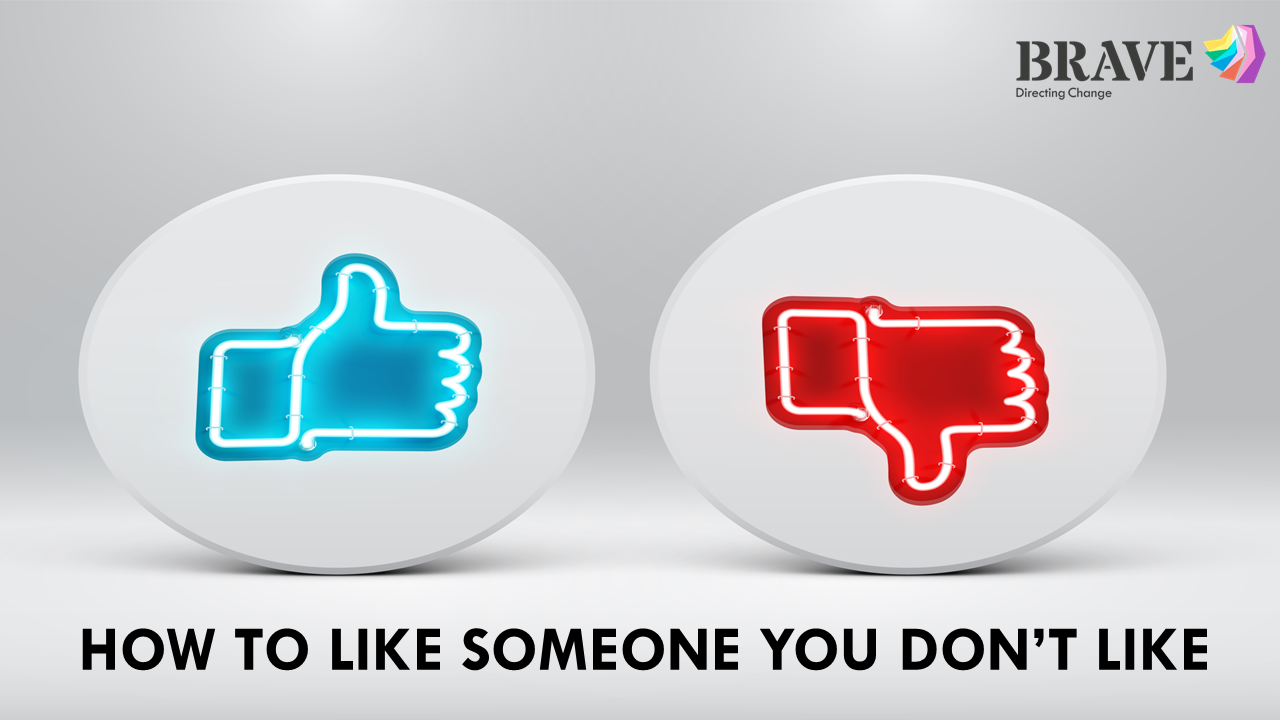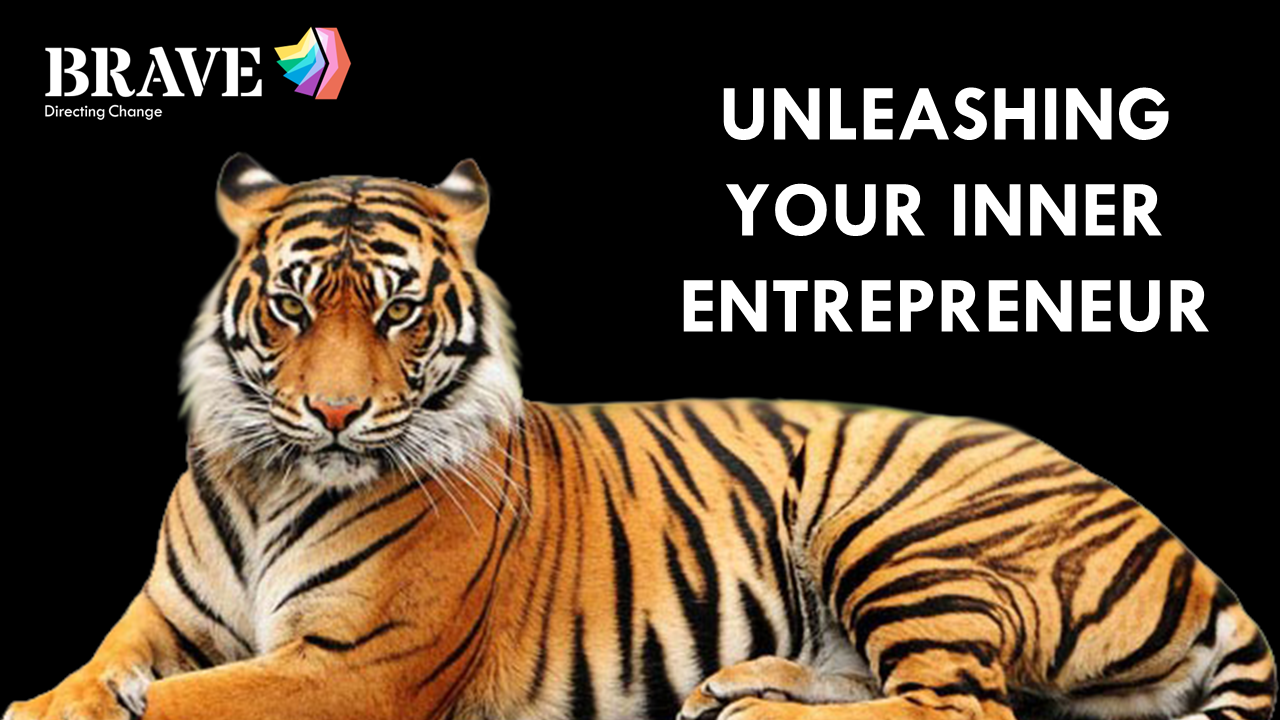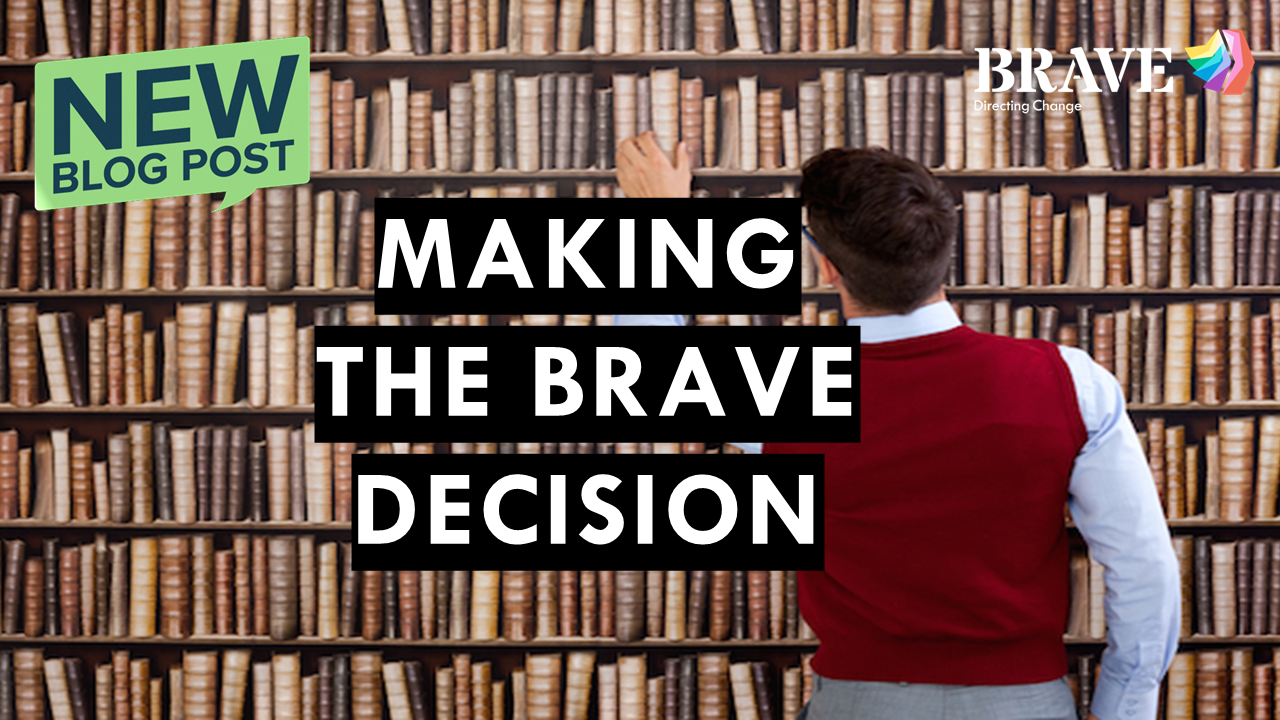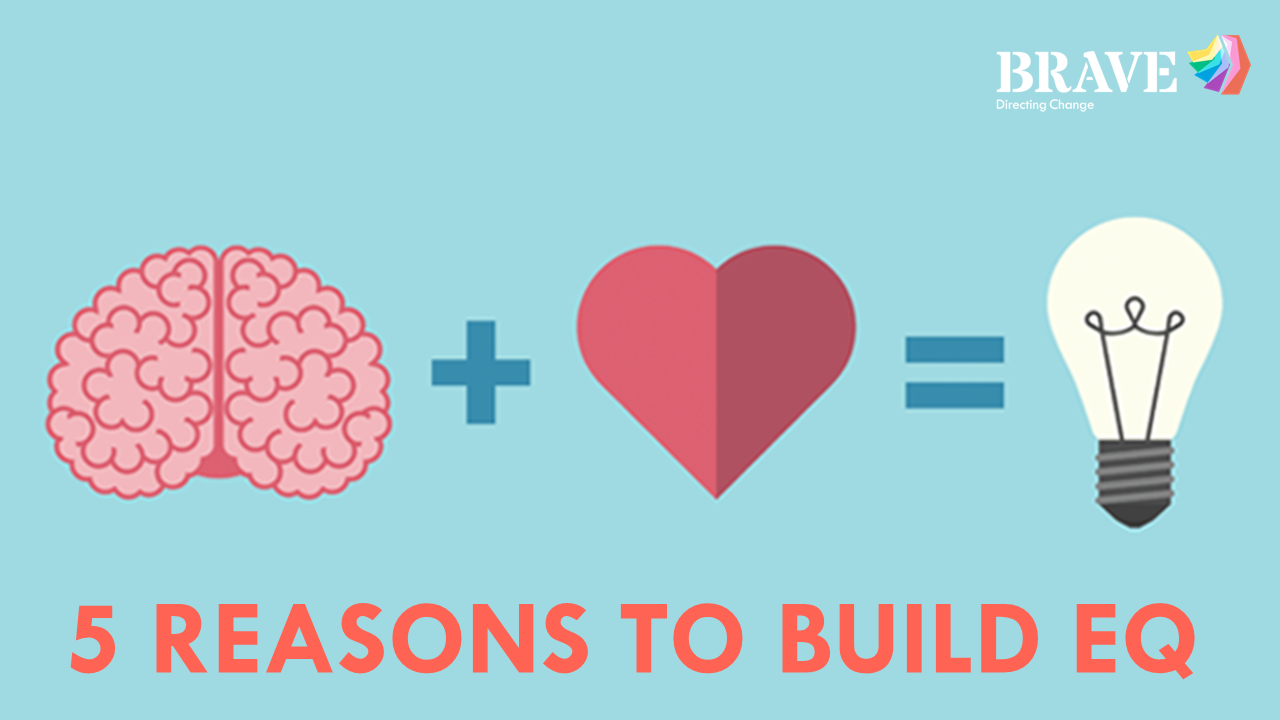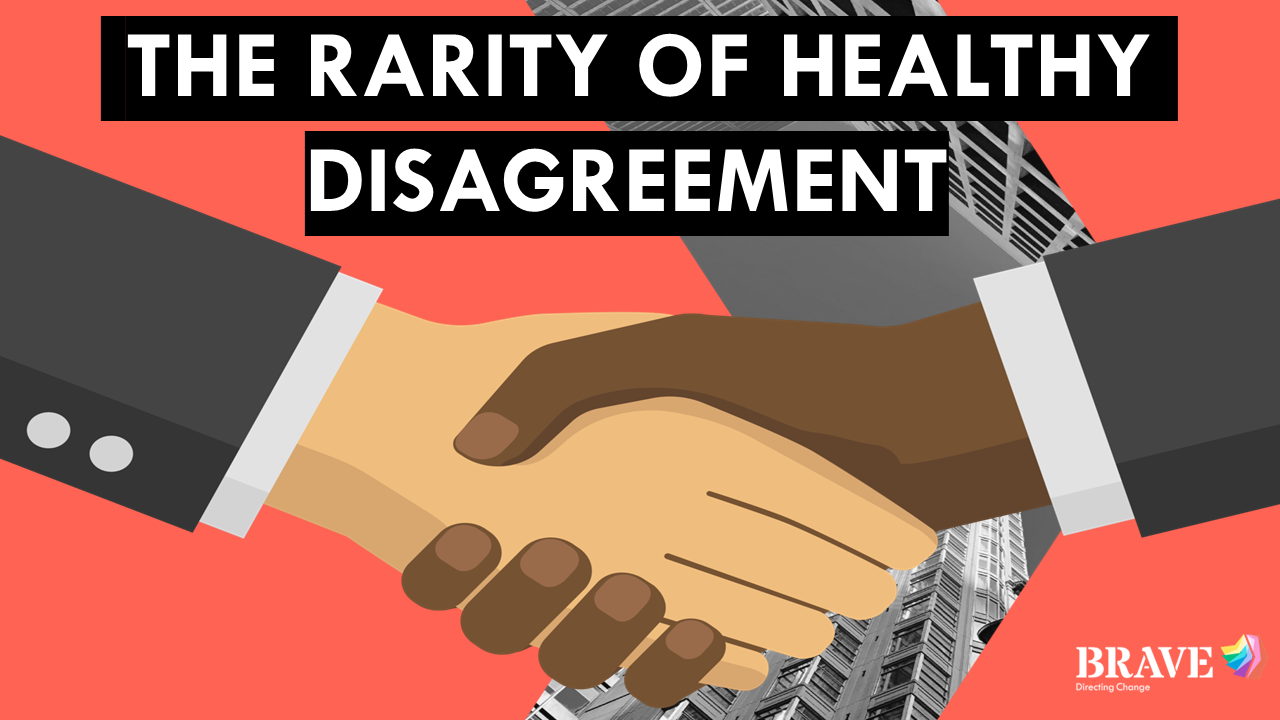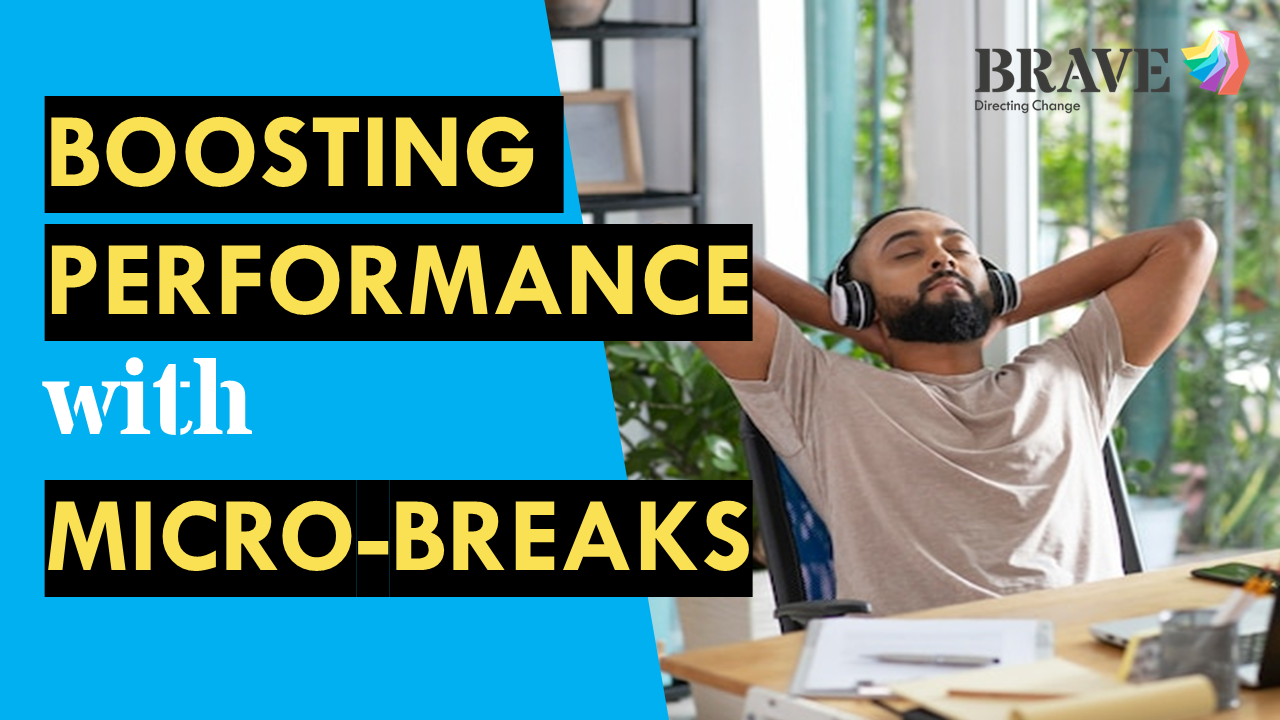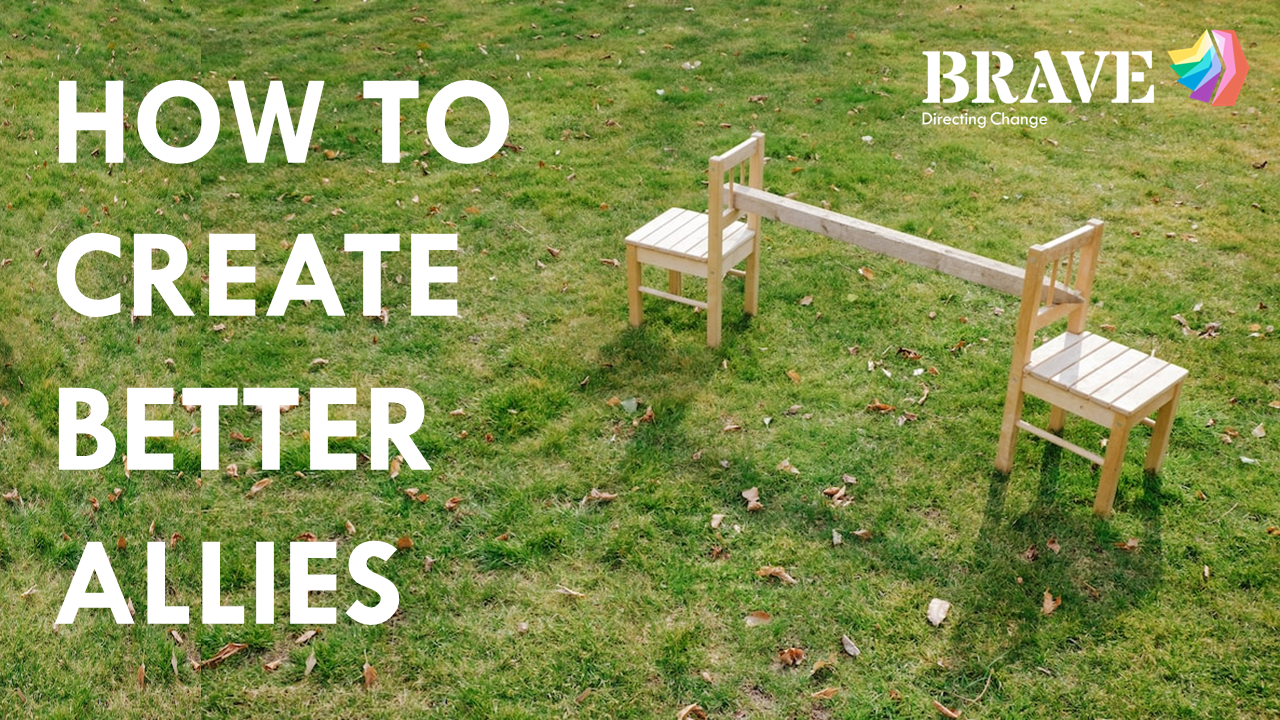You’re in a meeting. So are they. Over there. Lurking. They’re disagreeing with your points. What a surprise. While their points might be valid, the red mist is descending, you’re not listening anymore. This is just SO damn hard. But why?
‘because I don’t like them’
We have all met someone we just don’t like. It can be for a variety of different reasons. It might be their personality, the way they behave at work, or a quirky thing about them that made you cry out internally ‘that’s an immediate no from me!’
Whether you are in your job, the school gates or meeting new neighbours you’re most likely going to run into people you don’t like. It’s a fact of life that we all need to learn to live with.
What we suggest is adding to your personal toolkit some skills to help you survive when you cannot simply escape.
We’d like to share 5 tips with you that we think can help you learn to like (or at least tolerate discretely) someone you don’t like.
1. Don’t let your dislike become your disrespect
Just because you don’t like someone doesn’t mean you have a right to disrespect them.
Unfortunately this happens a lot, from even the most mild mannered people. Dislike can cause us to irrationally write someone off and our brains look for reasons to do this more. When we see them we begin to create a picture of someone who can do no right, and who has no redeeming features…and this can cause respect to be lost.
We suggest spotting this one early and nipping it in the bud. Learn to apply a game face and show respect at all times, even if just for the fact that it reflects well on you as an individual and a professional.
2. Get into their shoes
No literally, obviously. Try to force a new persective. What does this look and feel like from their side of the fence?
It’s really easy to dislike people we don’t understand because out instincts from thousands of years ago tell us to distrust what we don’t know.
We want you to try developing empathy for this person and how they behave. This doesn’t mean you now have to agree with everything they say and do, but it should help you to disagree well, and focus on the point in hand, not the individual. We constantly remind our clients during our BRAVE program of 2 key points.
1. Disagreement is not dislike and 2. Debate the idea, not the person.
3. Keep the right amount of distance
This one seems simple but often gets forgotten. If you don’t like someone then do you best to keep the right amount of professional distance. We say the ‘right amount’ because this is key.
It’s a little like Goldilocks and her porridge temperature. It needs to be just right.
Don’t completely avoid, ignore or blank from your life and vocabulary. It’s too obvious.
Aim for some simple hello’s and how are you’s, in the right meetings and whilst passing in corridors or on virtual screens. Put some thought instead into avoiding situations that are easier to manipulate and don’t make you look bad for not being there instead. Be authentic, be you, be respectful but don’t fake it too much.
4. Let it go, let it go…
As we said already, people dislike others for lots of reasons.
If yours relates to something that person said or did, then we’re sorry, but whilst you work together you’re going to have to be the bigger person and do like Elsa in Frozen and just let it go.

Whilst this might seem completely impossible you have to recognise that having bad feelings towards them will undoubtedly come through in your behaviour towards them, no matter how hard you try not to.
We’re not suggesting you become work best friends and start hair-braiding each other at lunch, but in order to maintain that professional behaviour you need to find a way to forgive what they have done, in order to help you better mask your dislike.
5. Take a reality check
The reality of this situation, playing out in businesses all around the world, is that sometimes, it’s just the way it is. It is very rare for anyone to like everyone. We just need to deal with it.
Using some of the tips we’ve suggested above will help but there’s a part of you that first has to take that reality check and remind yourself that its ok to not like someone, and for them to not like you. It’s just not realistic to expect that to be the case. And yet, when we are at work, it does feel that we are expected to do just that!
We have found that reminding ourselves that no-one, including us, is perfect. It’s a physical impossibility and a myth. Everyone has flaws and everyone has strengths. We’ll often try to think about one of our own flaws, and strengths and then apply it back. If you have them and that’s ok, then it’s ok for ohers to have them too, right?
By trying to accept that, and realising that you may also be disliked by someone at this very moment without even knowing it might help you dial down the dislike for someone else.
Our BRAVE Disagree sessions cover all this, and much much more aiming to provide real change for you and your business. If this has peaked your interest, then please get in touch. We’d love to hear from you.
